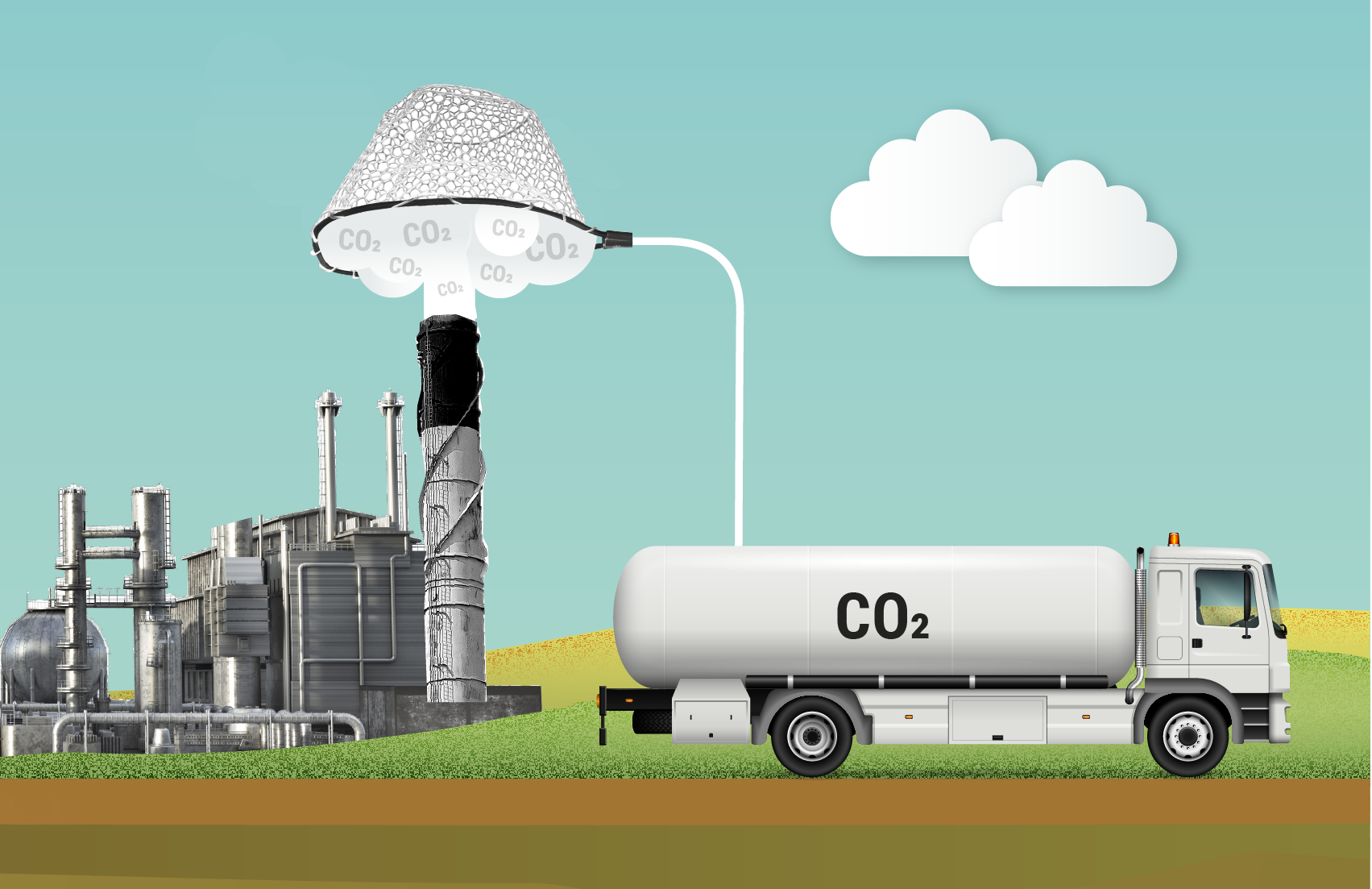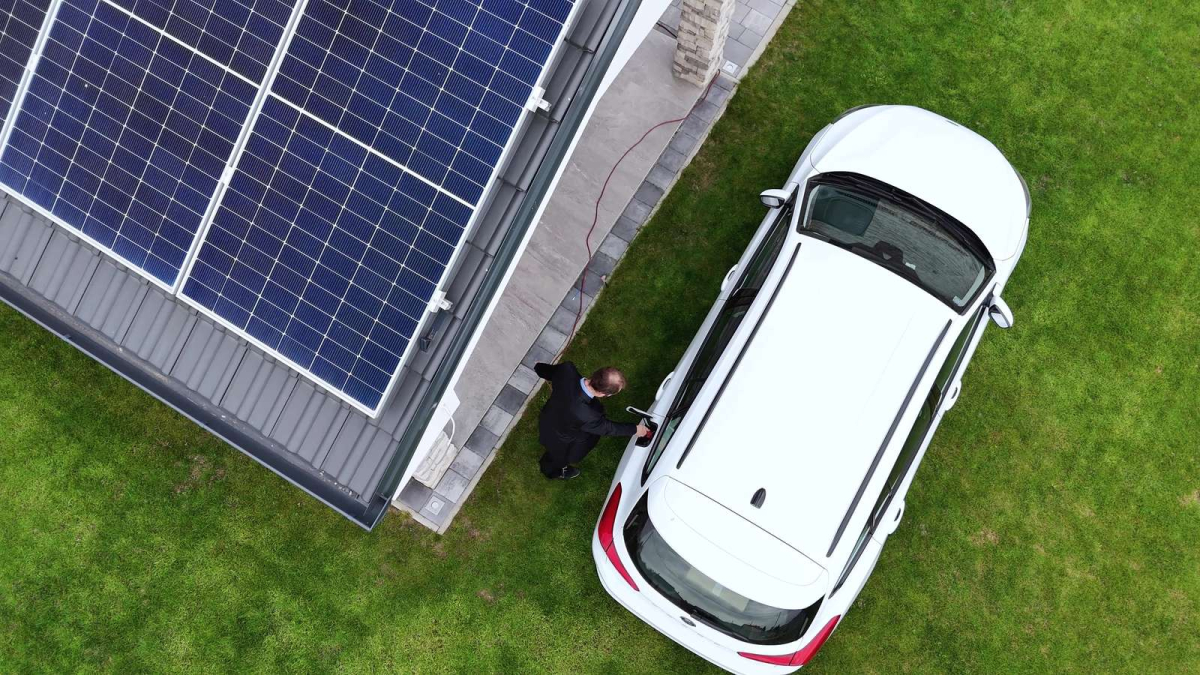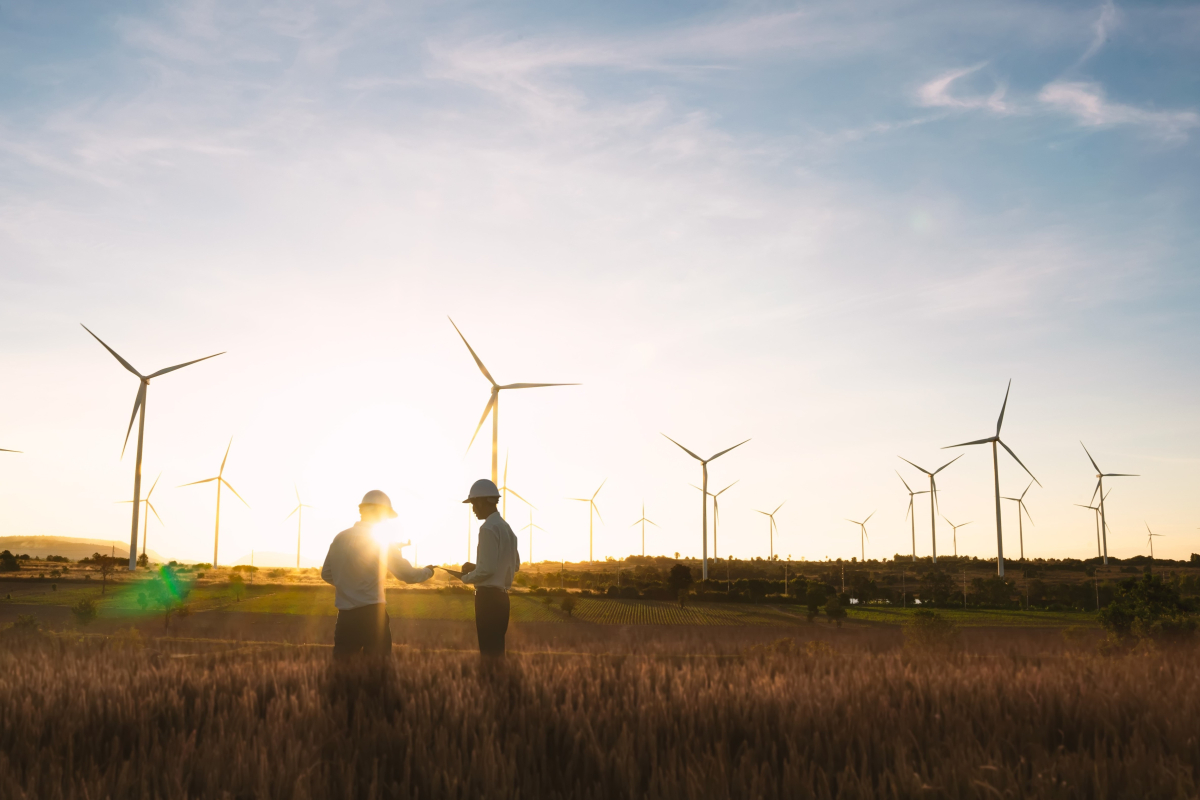
Denmark's Climate Status and Outlook
Technical assessment of how Denmark’s greenhouse gas emissions, as well as Denmark’s energy consumption and production will evolve over the period up to 2035 based on the assumption of a frozen-policy scenario.

The Danish Waste Register
Foreign waste conveyors, brokers and dealers must be registered in the Danish National Waste Register before they can work with waste in Denmark.
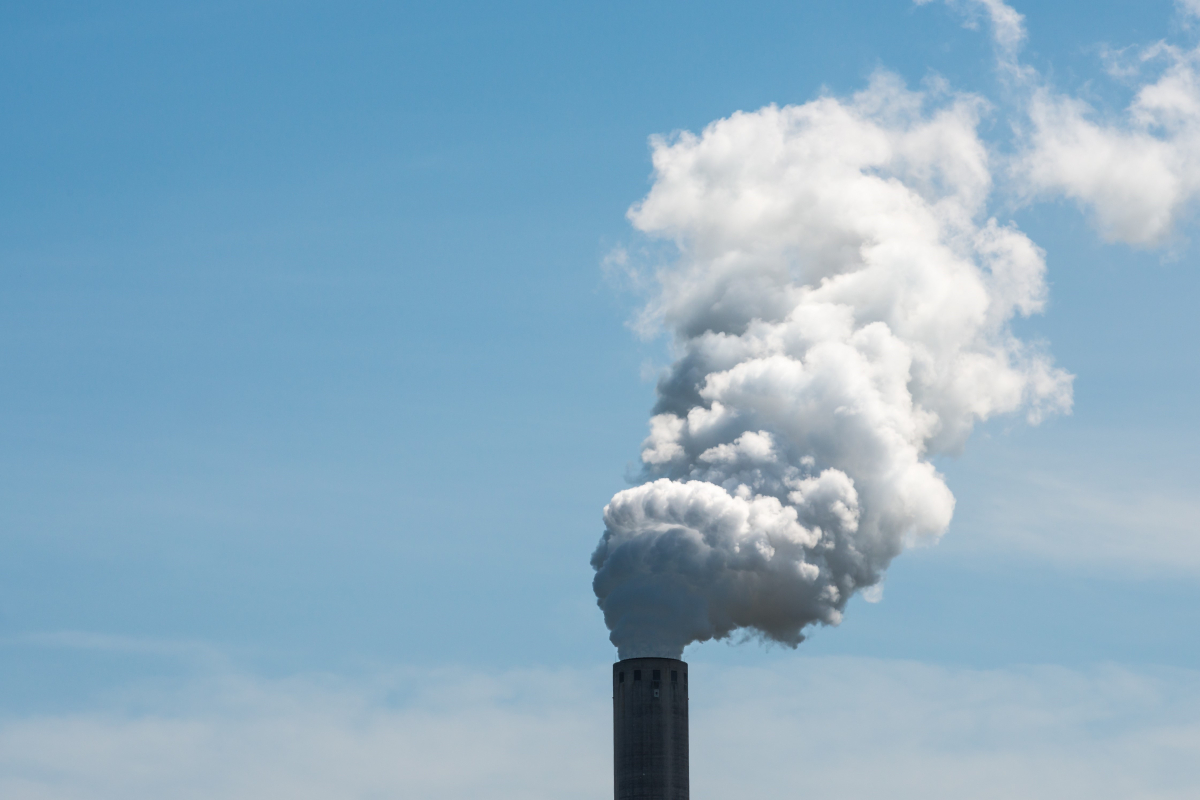
Denmark’s Global Climate Impact – Global report
The objective of Global Report is to show Denmark's global impact on the climate for better or worse.
Technology Catalogues
The Danish Energy Agency’s Technology Catalogues provide data on energy technologies including their performance, costs and environmental impact.
The technology catalogues form a knowledge base for energy analyses, projections and policy development in Denmark.
Explore the catalogues to find detailed, comparable information that supports planning and decision-making within the energy sector.
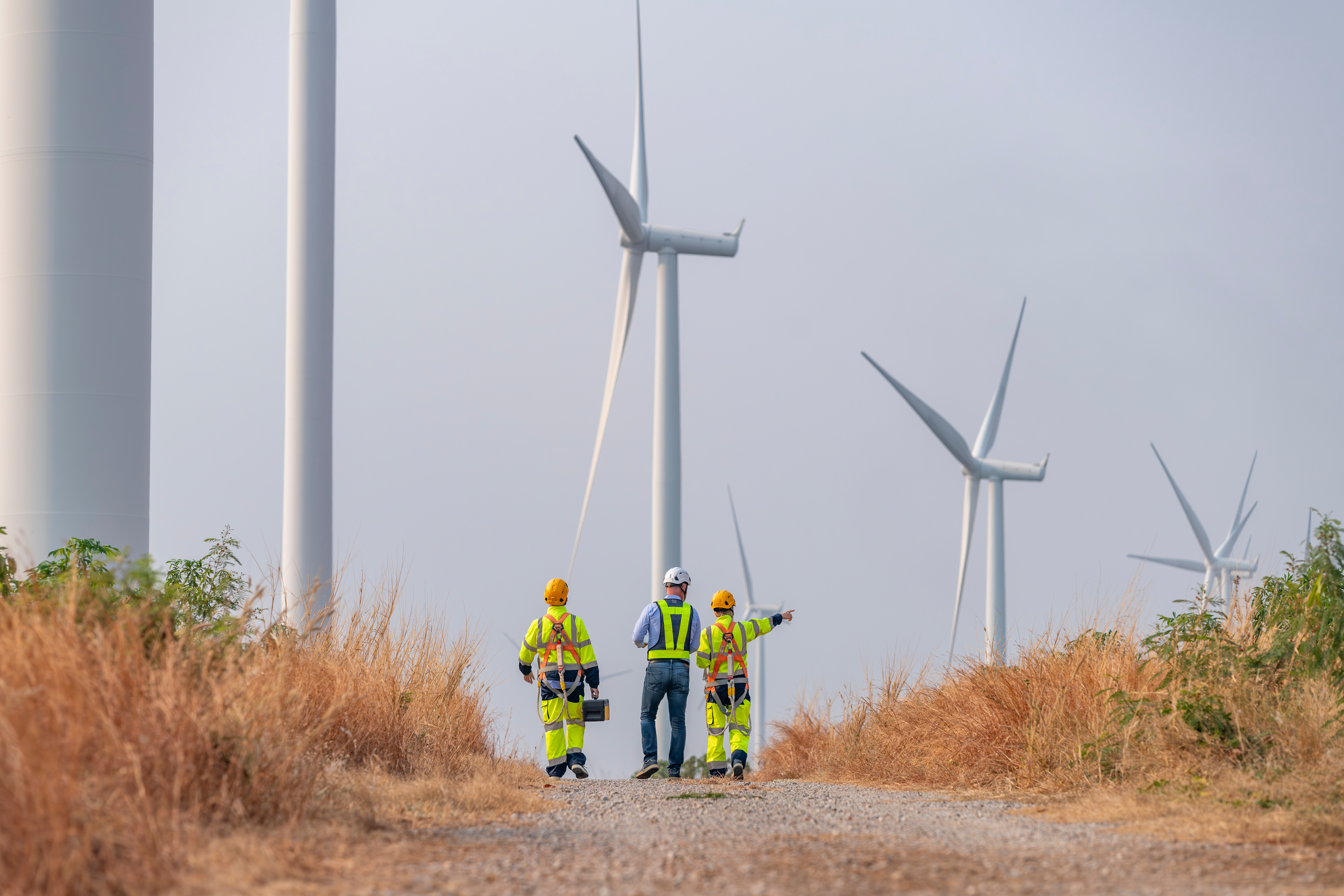
The Danish Energy Agency opens tenders for three new Danish offshore wind farms
Today the Danish Energy Agency is announcing tenders for three areas for the establishment of at least 2.8 GW of offshore wind power. The tenders are based on thorough market dialogues and includes, among other things, state subsidies and greater flexibility for developers to increase the likelihood of qualified bids.
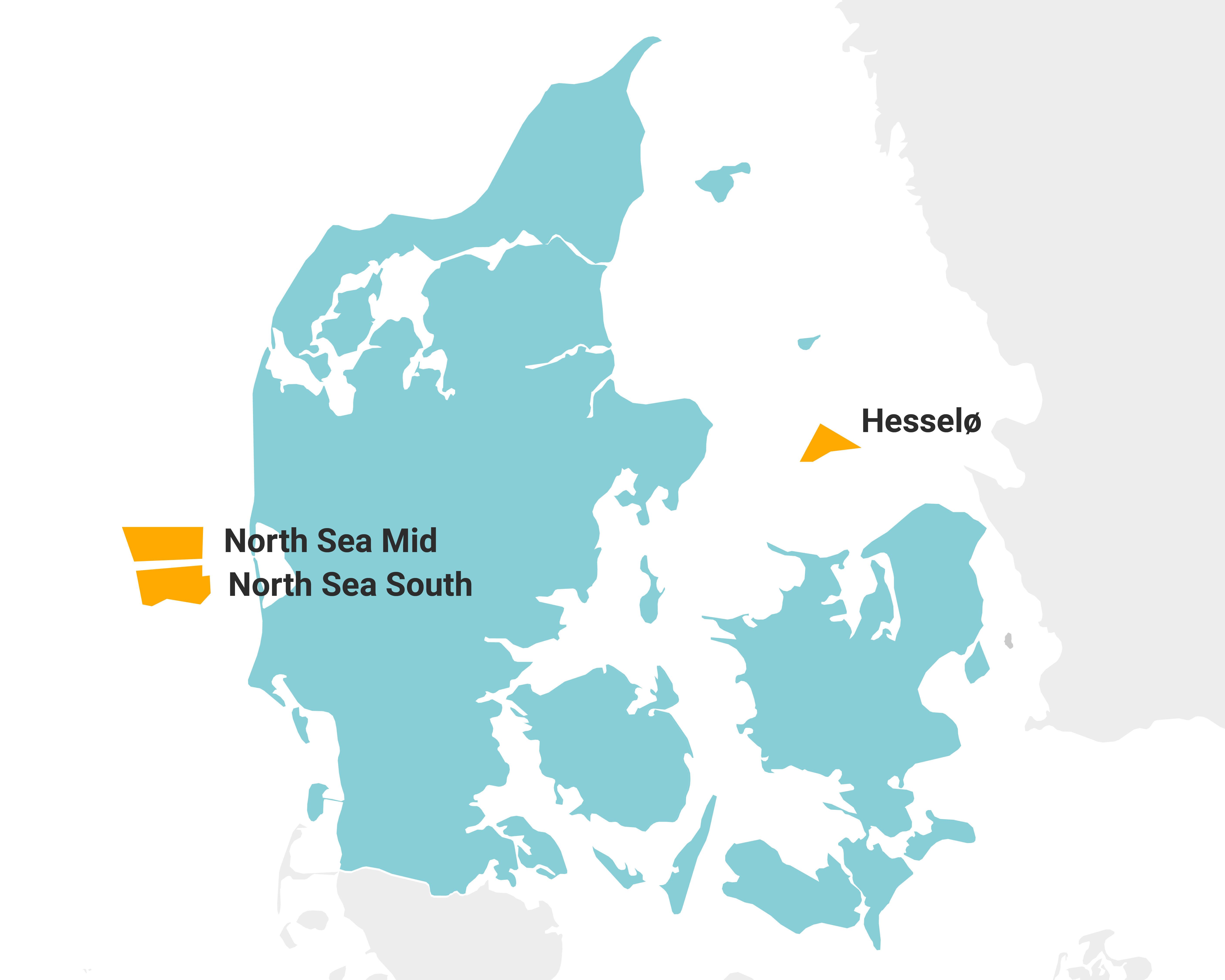
Danish tender for CO₂ capture and storage enters next phase
The deadline for submitting initial bids for Denmark’s CO₂ capture and storage funding scheme has passed. The Danish Energy Agency is now entering into dialogue with the bidders ahead of the deadline for submitting final bids for the DKK 28.7 billion fund.
Tender to help fill gas storages ahead of winter
The Danish Energy Agency has requested Gas Storage Denmark to initiate a tender aimed at increasing the filling levels of Denmark’s two underground gas storage facilities ahead of the winter season.
10 companies selected to compete for Denmark’s CCS Fund with DKK 28.7 billion for Carbon Capture and Storage
The Danish Energy Agency has selected 10 companies from a pool of 16 applicants to compete for DKK 28.7 billion in funding for Carbon Capture and Storage projects. The funding is expected to help reduce Denmark’s annual CO₂ emissions by 2.3 million tonnes from 2030.
